Hongmeng is not so much Android's spare tire as it is the spare tire of the entire mobile Internet era...
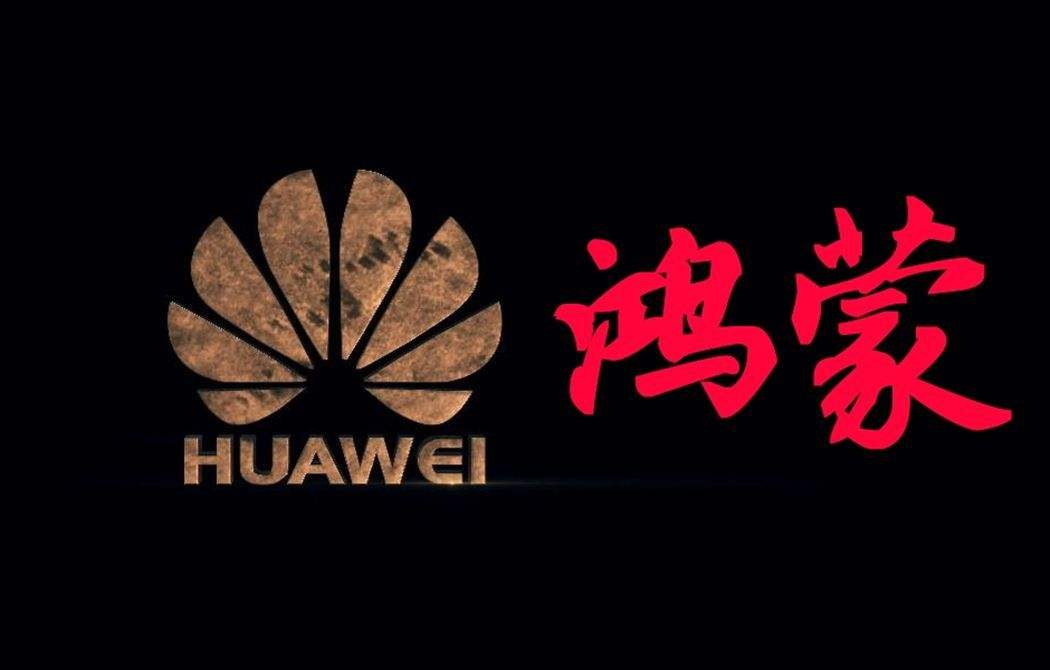
If China's history of chip research and development is only a long way off.
Then the history of mobile phone system research and development in China is Jedi survival.
When Apple hit the Mongolian giant with a hammer in 1984 and brought about the personal computer revolution, Lenovo established at that time was still synonymous with innovation: from Hanka to one-click Internet access, Lenovo computer sales ranked first in China's domestic market for many years after 96 years, and completed the acquisition of IBM personal computer, Motorola and Luxembourg International Bank in 2005, 2014 and 2018 respectively; however, in the international market, Lenovo has gone further and further because of the so-called "risk" in the "lack of core road.
And along the way, Chinese Internet companies are facing nothing more than the "sugar-coated shells" of the Internet in Europe and the United States ":
When we use overseas chips to build the "dream country" of the Internet on the beach, we are smug: BAT we are proud, social networks and no one pays us.
When we use overseas systems to be complacent in the "ecological colonization" of people or authorized or extracted: TikTok is exported overseas, and domestic App ecology and e-commerce are even more self-contained.
However, we have lost our "association" when we often wear dresses ".
Until April 2018, when the United States blocked ZTE, many talents woke up like a dream.
For the first time, we realized that China's Internet cannot be controlled by others in terms of core technology.
When the domestic compatriots began to deeply reflect on "why we had two bombs and one satellite 50 years ago, but we still don't have chips and systems"; Lenovo did not realize that it was once the leader of Chinese Internet companies. Yang Yuanqing claimed at the forefront that technology has no national boundaries. Later, it further patched "Lenovo does not need to make chips and operating systems".
Not to mention the various "misexpressions" of Lenovo's spokesperson, he stated several times that "the more wiped out, the darker".
Fortunately, Huawei in 1987 took up Lenovo's "cannot afford" responsibility with its actions.
As ZTE's direct opponent, it has extraordinary tolerance: it is strictly forbidden to attack ZTE, not to move ZTE's equipment, and not to dig ZTE's people.
Even if the United States has changed from an imaginary enemy to an old enemy of "bullying the market", Huawei is equally unafraid.
In December 2018, the United States once again repeated the same trick and asked the Canadian government to arrest Meng Wanzhou, but Meng Wanzhou was neither Pieruzi nor Huawei was Alstom; since then, Huawei has shown tenacity and tenacity that are very different from ZTE and Lenovo:
On May 15, 2019, the United States declared a "state of emergency", with the entity list, ARM chip supply cut-off, Google suspending some of its business, and IEEE prohibiting Huawei employees from participating in an all-round encirclement and suppression of Huawei.
However, Huawei did not be timid because of this. Instead, it relied on its own excellent technology and products to attack the city, and with its strong personality charm, it transformed the pressure of American politics and business into international potential.
After that, on May 21, the sword was even more direct. Yu Chengdong, CEO of Huawei's consumer business, responded that Huawei is developing the next generation operating system, which will be available as soon as this autumn and next spring at the latest.
Since then, all kinds of news about Hongmeng have never been broken.
On August 9, Hongmeng arrived as promised.
I don't know what everyone's senses are about Hongmeng's debut show?
Although it has taken the initiative to avoid Android, this does not mean that its combat effectiveness is weak.
And this has also become the main handle for many people to praise, kill, question, attack and smear Hongmeng's "spare tire.
Since it is a "spare tire", there is naturally a "main palace". Before that, we might as well take a look at what kind of "three palaces and six courtyards" have been favored by the mobile phone system in recent years "?
(1)
A Brief History of Operating System
○
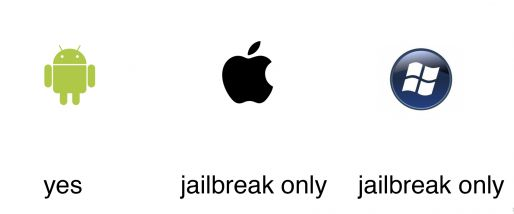
In 1965, Bell Labs joined a cooperative project between General Electric and MIT, intending to establish a multi-user, multi-tasking, and multi-level MULTICS operating system. Due to the slow progress of work, it was terminated in 1969; But Ritchie Ken Thompson and Dernis, two employees of Bell Labs, wrote an operating system because they wanted to play games on the MULTICS experimental host PDP-7. This was later Unix.
However, it was not until 1971 that Ken Thompson applied for a PDP-11/24 machine that the first version of Unix was officially launched.
However, the "origin" of Unix system is not as mission-based as triode. AT&T didn't take it seriously at first and published Unix system and source code free of charge.
In 1974, Xerox Alto, the first computer specially designed for individuals under Xerox's Palo Alto Research Center, was successfully researched: Alto can send and receive emails through the Internet; it also brought the first modern graphical user interface: Smalltalk.
In 1981, Microsoft developed a single-user single-task operating system MS-DOS for IBM personal computers.
In 1984, Apple Macintosh took over Lisa and released it. The computer was equipped with a new and revolutionary operating system SystemSoftware(7.5.1 was renamed Mac OS), which became a milestone in the development history of the computer industry.
In the early 1990s, Unix became a darling in universities and derived many versions on supercomputers and servers. At this time, AT&T began to be jealous of the commercial value of Unix. Professor Andrew S. Tanenbaum decided not to use T & T source code to develop its own UNIX compatible operating system.
In 1987, MINIX was released, opening all source code to university teaching and research work; and in 2000, it was authorized by BSD to become free and open source software.
In 1989, Psion launched the EPOC operating system, which supports information transmission, web browsing, office operations, public utilities, and personal information management applications. There are also software that can synchronize communication with personal computers and servers.
In 1991, Linus Torvalds got inspiration from Minix and developed the Linux0.01 system; it supports multiple platforms and has good cross-platform adaptability; and its open source, free and compatible attributes, coupled with Unix's self-chaos "Collision" brings a large number of fans to Linux.
In 1994, after the joint efforts of hackers around the world, the 1.0 version of the Linux system was released at the University of Helsinki, Linus's alma mater.
In 1995, Microsoft released a Windows95, which brought a more powerful, stable and practical desktop graphical user interface based on DOS, and within a year or two of its release, it became one of the most successful operating systems in history.
In 1996, Microsoft released the Windows CE operating system, which is specially designed for handheld computers and embedded devices; its features can be selected from a series of software modes, so that the product can be customized.
In 1996, the first version of Palm was PalmPilot1000 on the market, marking the official beginning of the Palm era, which was equipped with Palm OS 1.0.
In 1999, the Blackberry RIM 850 was born. It supported Email access under the WAN through AT&T's predecessor, and for the first time achieved "never shut down, permanently online"; After that, the RIM 857 was launched, which basically established the shape of Blackberry products.
In 2000, Symbian (1998, jointly established by Psion, Ericsson, Nokia, and Motorola) released the world's first Symbian system mobile phone: Ericsson R380.
In 2005, Nokia launched the operating system maemo, which provides applications and innovative technologies for mobile handheld terminals based on the GNU/Linux operating system and GNOME desktop technology.
In January 2007, Apple launched the Unix-like commercial operating system iOS at the Macworld conference.
In July 2007, Intel Corporation launched Moblin, an operating system based on Linux core, which initially focused on developing MID software.
In 2008, Google formed the Open Mobile Alliance to jointly develop an improved Android system based on Linux's free and open source code, which was officially launched on HTC G1.
In June 2009, Palm launched the embedded operating system Palm webOS with the Linux kernel as the main body and added proprietary software developed by some companies.
In November 2009, South Korea's Samsung Electronics self-developed smartphone platform, the bottom layer is the Linux core operating system bada.
In February 2010, as an open source Linux project, Nokia and Intel combined Moblin and Maemo to launch the operating system MeeGo.
In October 2010, based on the Windows CE kernel, Microsoft released its own operating system Windows Phone (referred to as WP).
In December 2010, Google launched Chrome OS, an open source operating system for PCs based on Linux.
In 2011, the two major Linux alliances LiMo Foundation and Linux Foundation integrated resource advantages and joined hands with Intel and Samsung Electronics to jointly develop a new operating system Tizen for mobile phones and other devices.
In July 2012, Mouzhi Company adopted Linux core, open network and HTML5 technology development, and launched the leading development of open source mobile operating system Firefox OS.
In November 2012, the Finnish Jolla company formed by former Nokia employees was based on Mee
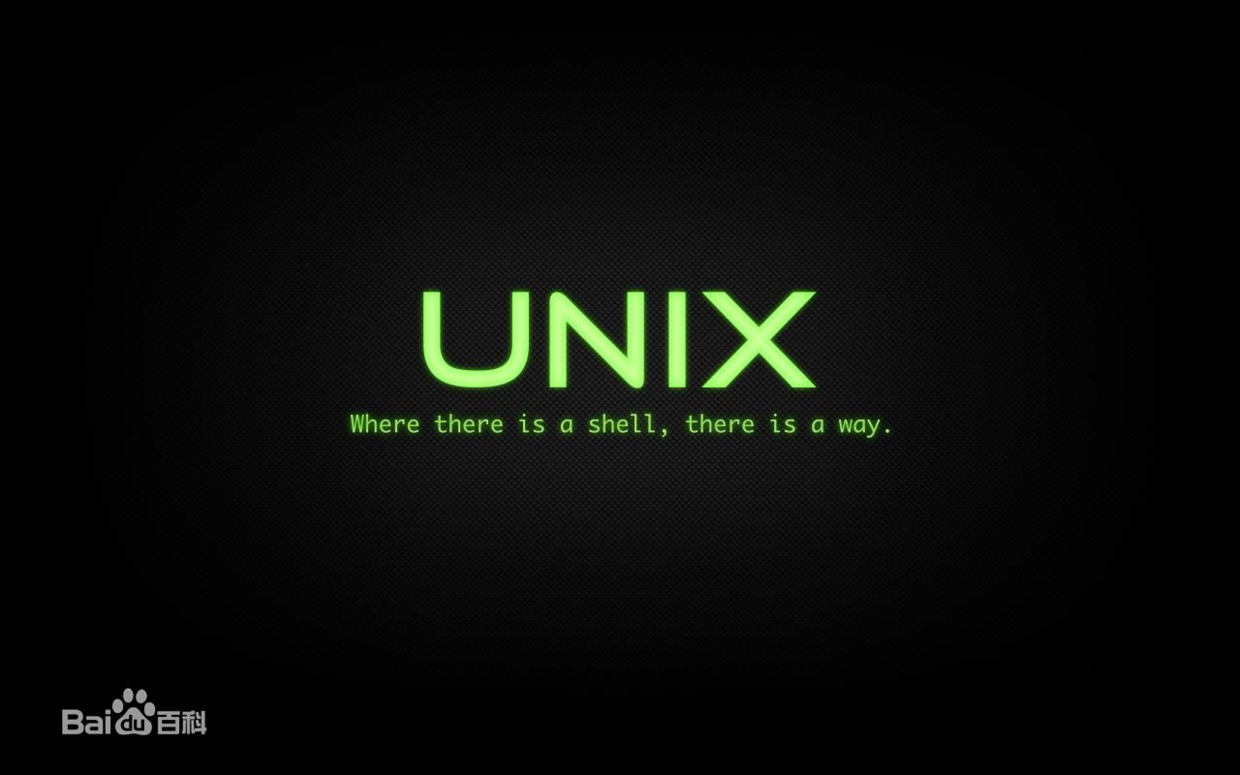
1. Unix's chance and necessity
We don't know how many accidents and inevitables have happened at Bell Labs. But we are familiar with the birth of Unix.
It broke down in the normal workflow, but because the game "renewed the front edge", and because AT&T didn't care to let it take root outside, when AT&T began to be jealous, it was already difficult to get back to life and thus differentiated Unix's own line AT&T's Unix and Unix's side Berkeley BSD UNIX.
AT&T released the first version of Unix System V in the following years, which finally created IBM's AIX and HP HP-UX, as well as Apple Unix-A/UX (based on SysV version 2.2, using the traditional features of SysV 3, SysV 4, BSD 4.2, BSD 4.3, etc., and following POSIX specification and SVID specification; It is compatible with the features of AT&T and BSD versions of Un, this is the original Mac OS and iOS.
And BSD UNIX is also a continuous derivative of Linux from MINIX. MINIX itself has also become popular among Intel processors after 2006. Moreover, based on Linux, it has evolved a huge Android ecology.
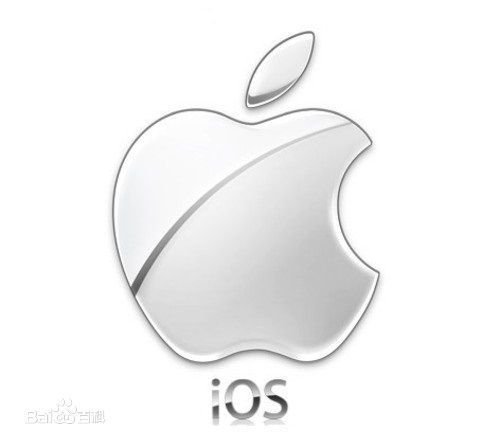
2. Pride and Prejudice of iOS
It is hard to say that iOS's arrogance has not been affected by AT&T Unix. AT&T "went back on its word" to privatize Unix. Although there have been many twists and turns, IBM, HP and Apple, the hard-core allies, also show Unix's success in abandoning individual users and turning to the high-end route.
IOS, on the other hand, has firmly established its own high pricing and closed ecology from the very beginning. It not only inherits all the advantages of the previous generation of smart phones, integrating touchable widescreen, web browsing, mobile games and mobile phone maps, but also innovatively perfectly and even over-duplicates the success of iTunes on iPod, spreading out the pie of iPhone's closed ecology with the logic of App Store service.
The epoch-making success of the iPhone once ousted BlackBerry, Symbian and Windows phones from the throne.
There is no doubt about the excellence of iOS. Its security, software and hardware integration, screen response priority and tombstone background are all Android not available.
However, iOS is not perfect. Its system is closed, its permissions are strictly controlled, and its users are too restricted.
There was no choice before. As Android knows shame and then is brave, iOS's inherent advantages are accelerating.
Although the birth of the Apple Store defines the application rules in the mobile Internet era and seems to be a win-win situation for Apple, developers and users, Apple's logic of charging both applications and subscriptions has already encountered its own bottleneck.
(3)
From Linux to Android
○
From Unix to Linux, we used it for 20 years.
But it took less than 20 months from iOS to Android.
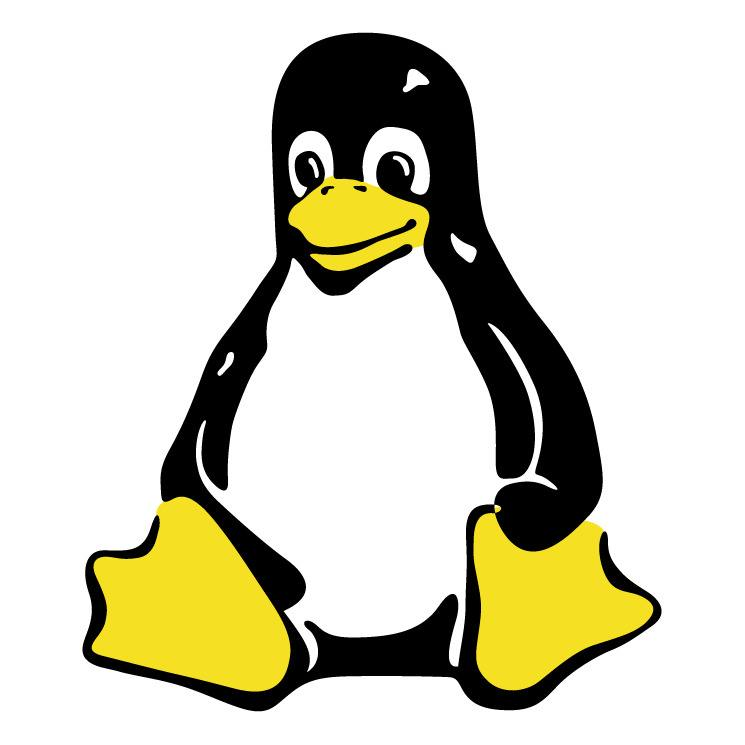
1. Open Source and Openness of Linux
Just as Unix was born because of interest, Linux was also born because of interest.
However, compared with Unix's desire to play games on PDP-7 limited storage space, Linux's original intention is much more pure.
Because of the house, and dislike Minix is not easy to use, Linus started to redevelop the operating system from bare metal on a Minix version of Unix operating system; when developing the file system driver, Linus almost gave up.
It is not difficult to explain the open source and openness of Linux: Linux is immersed in Minix's development environment, and it is a hacker and has almost no commercial consciousness drive.
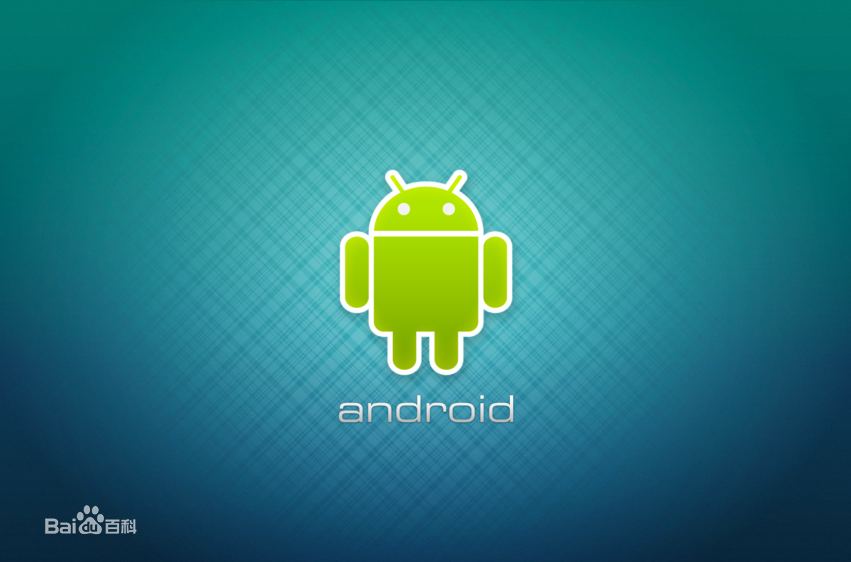
2. Android counterattack and emergency
In October 2008, Microsoft at that time dismissed the newly born Android.
But ten years later, Android accounts for as much as 85.9% of the current mobile operation market, dominating the world with iOS 14%.
In June 2019, Gates lamented that Android should have been Microsoft's Android, he made a $400 billion mistake.
In August 2005, Microsoft "watched" Google acquire and inject capital into the Android of the operating system developed by Andy Rubin, which mainly supports mobile phones. And when it "came out", it made a big speech.
At that time, the iPhone 3G market responded well, while HTC G1 looked quite young. However, in the two years after the birth of HTC G1, Android has quietly become the largest smartphone operating system in the United States and the international market.
Since then, Motorola has also switched to the Android camp and won LG, Samsung and Acer in the process of many confrontations between Android and iOS, finally becoming a player to be reckoned with in the smartphone market.
Cheng is also open, and defeat is also open.
The "openness" of Android once brought Google to the altar and slowly let it get out of control: the development of app gradually threatened its own search business, and Google began to weaken its publicity of openness to Android. Since 2016, it has secretly developed a new operating system Fuchsia, the ultimate goal of which is to replace Android.
It is understood that the Fuchsia operating system does not use the Linux kernel like Android and Chrome OS, but uses a kernel called "Zircon", which is a small kernel designed for embedded devices; and its biggest advantage is It can appear as a cross-device operating system that combines Android and Chrome OS, that is, according to different hardware, the operating system is divided into two separate user interfaces.
This is Google's transition from the mobile Internet to the Internet of Everything.
④
From BlackBerry OS to HarmonyOS
○
Hongmeng, as a participant in the end of this system war, if there must be a benchmark, neither iOS nor Android, they are too successful; nor Smalltalk, Symbian and Palm, they are abandoned by the times; and BlackberryOS may have a try. Although it failed on the mobile phone system, it has the combat effectiveness of transplanting cars and medical fields.
For BlackBerry, they built a mobile phone system BlackberryOS, a car system BlackBerry QNX and a medical system QNX OS for Medical 2.0 around a microkernel system-QNX.
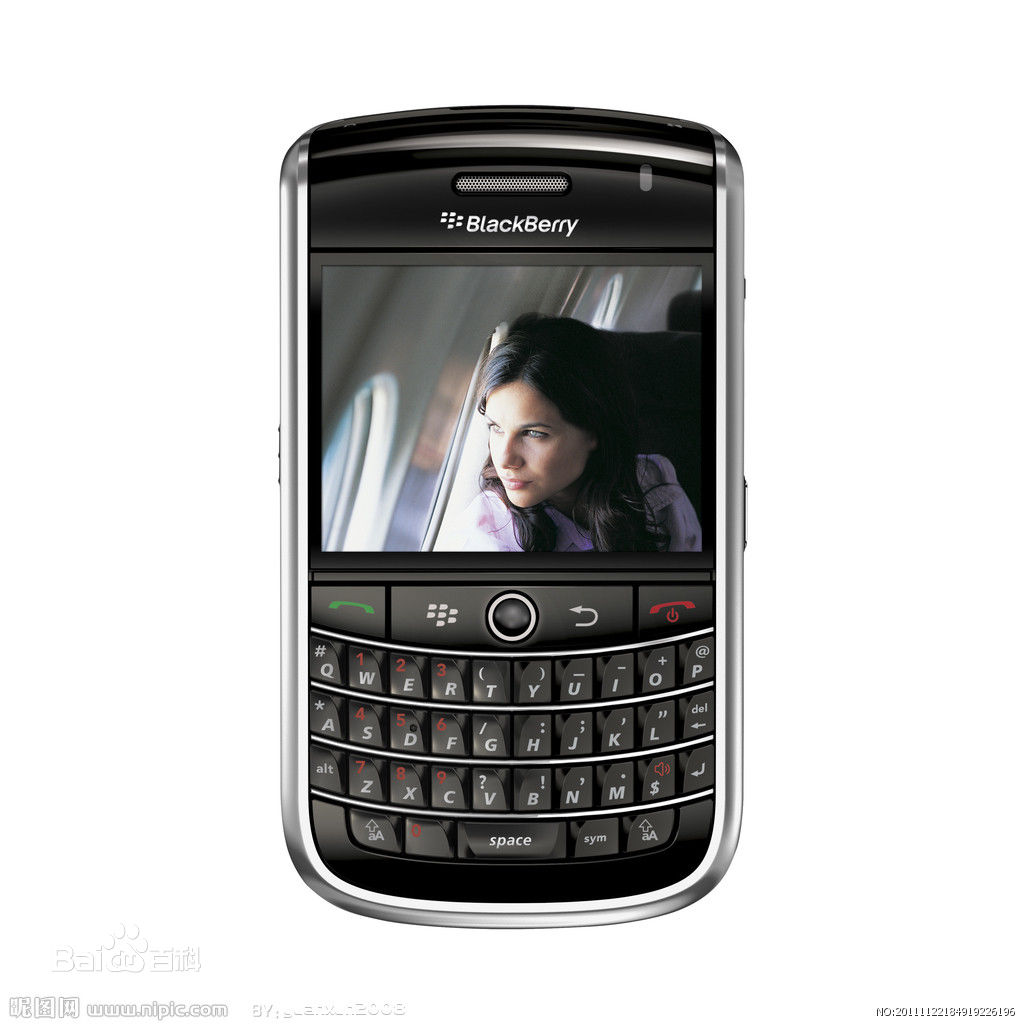
1. Glory and destruction of BlackBerry
As the first "sentiment machine", Blackberry's QWERTY keyboard is a classic, and Blackberry's input method has the best advantage in English input.
However, what makes BlackBerry famous all over the world is due to its secure operating system and timely communication technology. After 911 incident, it has become the standard of politics and business circles. To some extent, it can be said that "debut is the peak".
In 2010, when Android defended its double title in the market, BlackBerry OS once surpassed Nokia, which dominated for more than ten years, second only to Google operating system Android, Apple operating system iOS and Microsoft's windows phone operating system, becoming the fourth largest smartphone operating system in the world.
Blackberry also officially landed in China this year.
In 2011, after being cut off from Gmail by Google, BlackBerry was abandoned by Fortune 500 companies. BlackBerry's global market share has been eroded by iOS and Android.
In 2012, Blackberry launched a new Dev Alpha B. Its system Blackberry 10 is compatible with Android software for the first time, but the effect is not good.
In 2016, BlackBerry officials announced that the development of smart phones would stop internally.
At the end of 2017, according to foreign media reports, BlackBerry made arrangements for its legacy software and services: the BlackBerry World App Store will be closed on December 31, 2019, the BlackBerry Travel website will be closed in February 2018, and the Playbook video call service will be terminated in March 2018.
However, in 2019, BlackBerry suddenly announced the launch of the medical version of QNX 2.0 operating system, a reliable, multi-core, real-time operating system (RTOS), in line with POSIX standards, suitable for key security, embedded systems used in the medical market, on-site verified development tools, functional middleware and professional services.
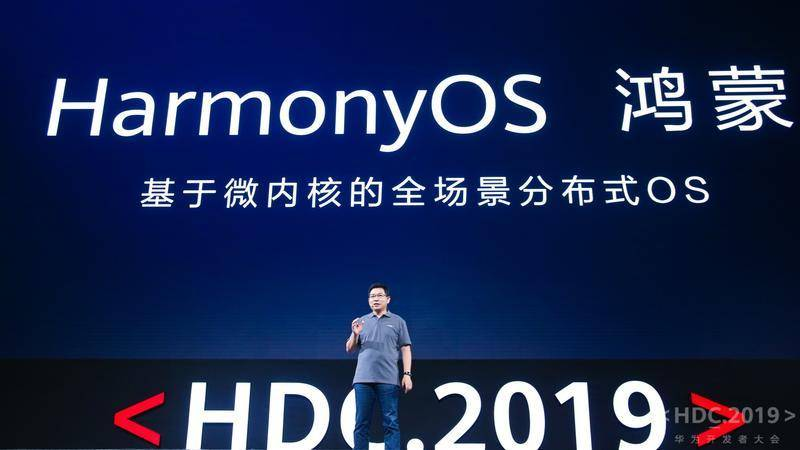
2. Harmony's Vision and Courage
In 2012, Ren Zhengfei was full of crisis awareness for Android. "If they suddenly cut off our food, the Android system will not be used for me, Windows the Phone 8 system will not be used for me, will we be stupid?"
In May 2019, Google announced the suspension of some technical cooperation with Huawei in Android.
Three months later, on August 9, Huawei's consumer business officially released its new microkernel-based distributed operating system for all scenarios-Hongmeng OS at its global developer conference:
1. Distributed architecture is used for the first time in terminal OS to realize seamless collaborative experience across terminals.
2. Determine the delay engine and high-performance IPC technology to achieve natural smoothness of the system
3. Reshaping the trusted security of terminal equipment based on microkernel architecture
4. Support one-time development and multi-terminal deployment through unified IDE to realize cross-terminal ecological sharing
Is there an illusion of BlackBerry QNX "Ultimate Evolution?
To get back to the point, from 2017 Hongmeng kernel 1.0, 2018 Hongmeng kernel 2.0 to 2019 Hongmeng OS 1.0 and used in smart screen, it is a bit "premature".
And this is the biggest problem of Hongmeng. It was forced out, and Huawei itself is used to "a matter of course".
Although being at the forefront is beneficial to Hongmeng in public opinion, it cannot give Hongmeng more time. Hongmeng can only choose a strategy very different from Huawei at this critical moment and use the "Huairou" policy for Android: promise to give priority to Android and turn itself into a spare tire.
Since Android cannot be replaced on the mobile phone system, reconcile with it and cross it to open up a new battlefield.
Although this is a bit "cowardly", it not only avoids war with iOS and Android (iOS is definitely an opponent, but Android has the opportunity to become friends); Moreover, it does not show that it is offensive and Hongmeng can "squeeze out" some development time for Hongmeng OS "with the help of the most primitive user assets of Android ecology. This is its" gas volume ".
Of course, for Huawei, Hongmeng is just a market that detonates ahead of schedule. The brand value of these years of time is gradually overflowing. With the layout of 5G equipment and iOT, its entire line of equipment has already formed a scale. This is Hongmeng's "courage".
The most important thing is that Hongmeng's position is clear enough in the face of danger and opportunities.
As Yu Chengdong said: Huawei is not making another Android, another Linux and another iOS, but an operating system for the next generation.
⑤
Hongmeng's biggest opportunity-smart hardware explosion
○

As early as the end of July, we analyzed the opportunities and hidden dangers of 5G:
It will bring about rapid progress in smart wear, smart home, smart travel, smart city and smart medical care. Moreover, in the visible fields, they will also make this breakthrough progress in XR technology, brain-computer interface and human brain simulation. All of these revolve around the three major characteristics of the era of Internet of Everything: screens everywhere, all-pervasive interactions and cloud within reach.
What Hongmeng wants to do and is to build a microkernel-based distributed system for the future Internet of Everything devices, which has extremely high security and cross-terminal collaborative experience.
Isn't this what the Internet of Everything needs most?
Considering the explosive and inevitability of the interconnection of everything, the birth of Hongmeng may bring the next "singularity" to intelligent hardware, and then quickly "multiply" the horse race.
As a result, we estimate that the development of iOT in the market will probably be divided into three stages:
The first stage: single item explosions
As the current iOT products are still in the most primitive stage, we need explosions such as iMac, iPod, iPhone and iPad to redefine an era to detonate the market as the "bridgehead" of the Internet of Everything era ".
Phase II: Scene Closed Loop
Then we can gradually improve and create an ecological closed loop based on the above single-item explosions, and gradually occupy more attention from the user entrance of single-item explosions until users cannot leave the ecological closed loop created by multiple products.
Phase III: Ecological Migration
Finally, we can iteratively update the explosive products in the closed loop of the scene. After the user adapts to such an experience scene, what we stick to the user is no longer the hardware but the services and content, which can facilitate migration.
If the single item explosion is a point and the scene closed loop is a line, then ecological migration is a surface. In this way, step by step, we have completed the attraction, binding and left and right of users.
⑥
Hongmeng's biggest challenge-the right to speak at the top
○
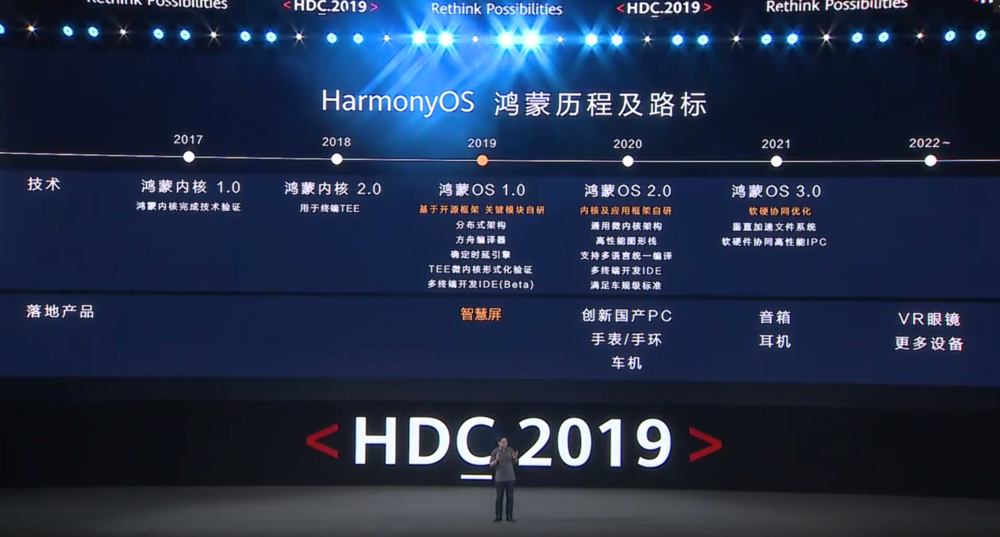
One step forward, Hongmeng certainly makes people reverie.
But if one step is wrong, Hongmeng will face a cliff.
The bigger problem is that Hongmeng has "no way back" on this road ".
Because for nearly half a century, China's Internet has not survived on the road of operating system.
Huawei is the last "consciousness and ambition" brought out by China's Internet. Under the background of trade war, with the growing voice of Chinese people for domestic systems, Hongmeng OS is a bet that Hongmeng, Huawei and even China's Internet cannot afford.
However, compared with Hongmeng's future economic benefits and ecological enjoyment, its greatest value is actually its strategic significance: it means whether China's science and technology industry can climb to the top of the food chain and begin to control the right to speak in the top core links.
In the coming era of the Internet of Everything, based on the imagination given to us by smart wear, smart home, smart travel, smart city and smart medical care, future content and services can not only cross terminals, but also across regions, skin color and culture, which requires further output of our system discourse power.
This also determines that Hongmeng must be "careful" in every step.
But even so, Hongmeng avoids the mobile Internet surrounded by powerful enemies and enters the "dark forest" where everything is interconnected. It faces not only the uncertainty of the future, the black guns of hunters, but also the cynicism and rhythm of many black powder.
In fact, it is difficult for us to understand that at a time when populism is on the rise, the Internet is no longer neutral, and the United States is taking the lead in breaking international rules, there are still people who have pure illusions about "foreign brands"; they even make "bad words" against China in order to maintain their "illusions".
You know, Hongmeng is still just a "seed". It is impossible to be omnipotent at birth. We need to give it some time, and it also needs time to open up its own world.

Finally, there is no need to get into a corner about the spare tire. Let's change the angle:
Hongmeng is not so much Android's spare tire as it is the spare tire of the entire mobile Internet era; it is our first choice in the 5G era, and it is also our "Noah's Ark" from the mobile Internet era to the Internet of Everything era ".
In this way, Hongmeng, as a spare tire, has become more "tall.
PS: Part of the material comes from @ Tiger Smell @ Zhihu
The copyright of this work belongs to 何鲸洛. No use is allowed without explicit permission from owner.

New user?Create an account
Log In Reset your password.
Account existed?Log In
Read and agree to the User Agreement Terms of Use.

Please enter your email to reset your password
When it comes to Lenovo, it's annoying.
The analysis is quite deep and the knowledge has increased.
Increase knowledge
Indeed rising posture...